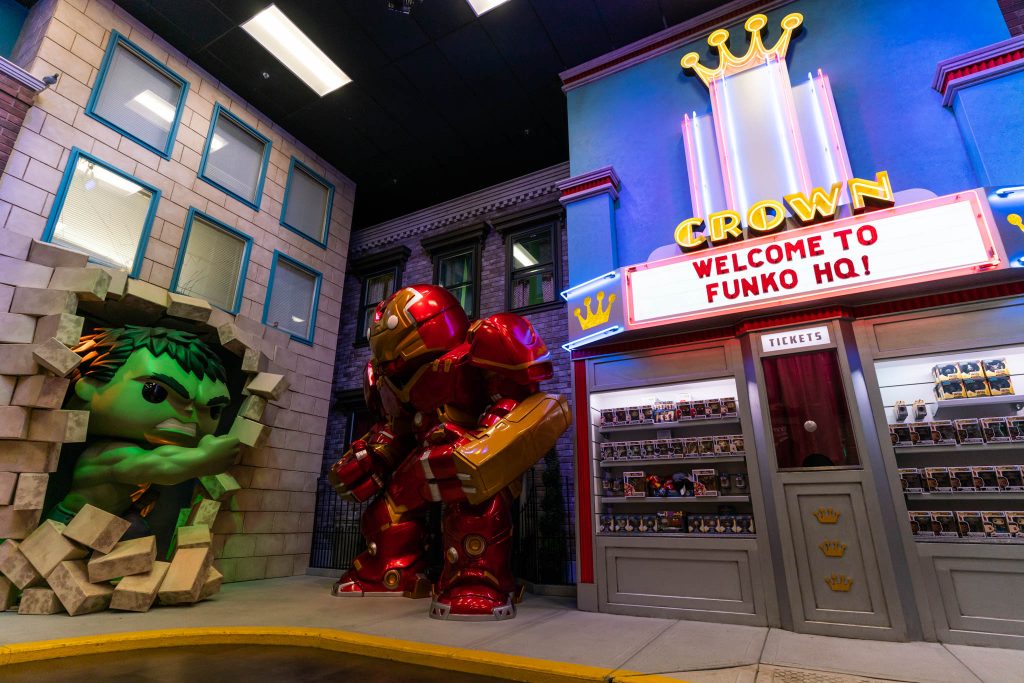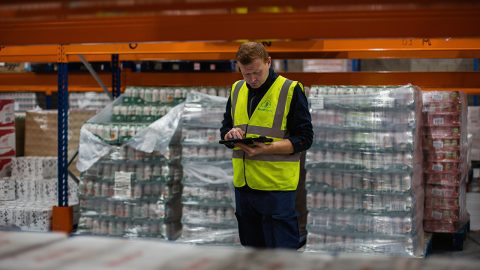Bobblehead boom: Funko grows with speed and tech to deliver more pop culture fun
When dancing superhero Baby Groot made his surprise debut in “Guardians of the Galaxy,” fans went wild. When Funko CEO Brian Mariotti saw the 2014 movie, he immediately wanted the tree-like alien as a Funko toy and got to work.
His teams quickly designed a concept, got an approved license and announced a pre-sale – all within a week of the movie’s release. The cute bobblehead has since become one of the pop culture company’s best-selling products.
“The term we use here is ‘Funko speed,’” says Kurt Dicus, vice president of IT at Funko, which is based in Everett, Washington, about 30 miles north of Seattle.
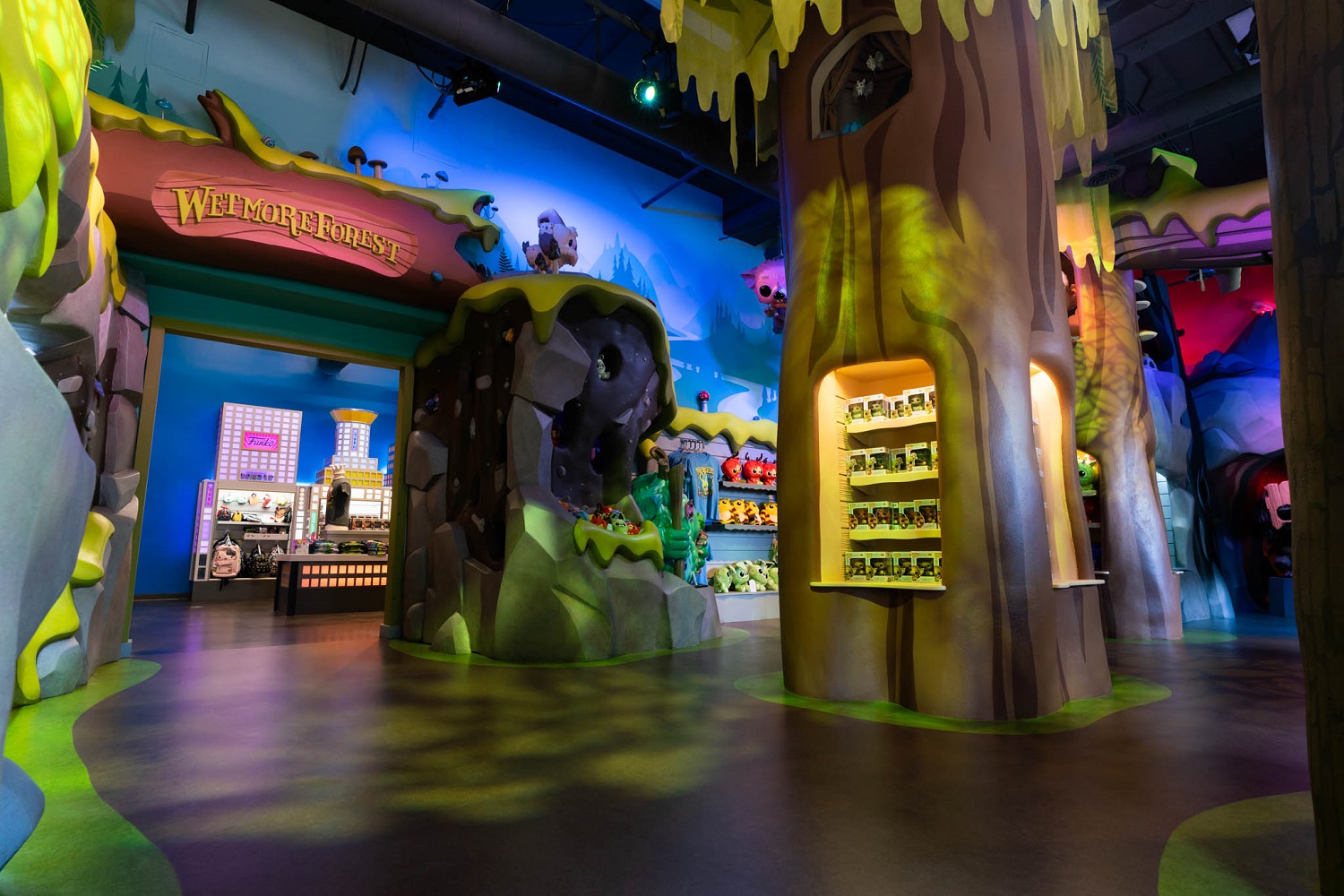
“It’s a real differentiator for us. Brian, our CEO, has a bias for action and an eye for pop culture. He’s the chief creative officer, chief pop culture officer and chief collector, for all intents and purposes.”
That speed and leadership have transformed Funko from a small bobblehead business into a growing global company with an enormous catalog of collectible toys and products. Founded in 1998, it has sold millions of its recognizable Pop! Vinyl figures and has more than 200 licenses for thousands of characters that appeal to a diverse array of fans: kids, adults, women, men, collectors, gamers, movie buffs and sports fans.
Want a Lando Calrissian bobblehead? Funko has it. Want a rare Huckleberry Hound collectible, mustachioed Ed Sheeran doll, “Stranger Things” Eleven keychain (with Eggo waffle) and a set of “Golden Girls” characters? Funko has them all.
Licenses range from mainstream brands like Marvel and Disney to the niche animal creeps in horror game “Five Nights at Freddy’s.”
“We want to serve the entire spectrum of fans and consumers because we know pop culture is everywhere,” says Dicus, whose own taste in pop culture leans toward old-school Star Wars, Marvel, Spiderman and all things Groot. “Everyone is a fan of something.”
Funko had a major year in 2017, with an initial public offering, three acquisitions, a new European office in London and new headquarters – complete with a stunning, 17,000-square-foot store – in Everett. Its staff has grown from 66 in 2013 to more than 600 worldwide this year. The company has diversified its products with plush toys and unique backpacks, and introduced new digital experiences to engage more fans.
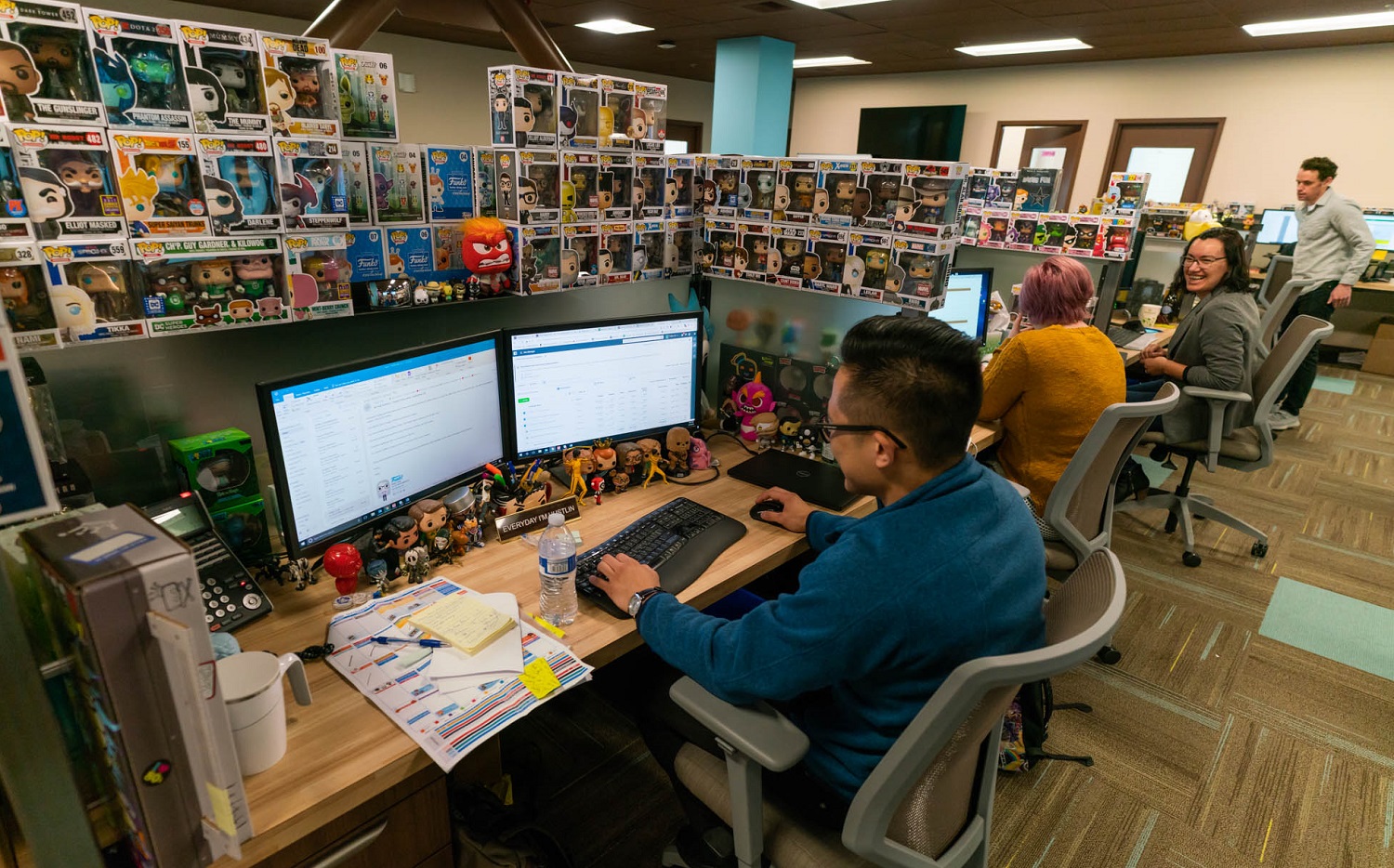
But the rapid growth was straining Funko’s IT infrastructure. Two years ago, the business was thinking of shutting down email for a few days, because it had surpassed its server capacity.
“I hadn’t heard something like that since the ‘90s,” says Dicus, who joined the company in August of 2016. “But it’s actually a phenomenal story that a company grew so quickly that we outgrew our operational model. We outgrew our infrastructure and just flew by it.”
To scale and differentiate the business, Funko invested in Microsoft cloud technologies that now make up a large part of the company’s IT stack. It uses Office 365 and SharePoint for secure communication and collaboration – key elements for growing Funko’s European operation and working with manufacturing partners in China and Vietnam.
It rolled out Dynamics 365 for a richer enterprise resource planning system and built a new analytics platform with Azure Analytics and Power BI.
“We’ve become more of a data-driven company because we’re more complex,” Dicus says. “We have an international presence. We have more product diversity. Forecasting, tracking revenue, operational metrics, managing inventory are more complex, and our analytics platform helps us extract value and deliver.”
The cloud-based tools help Funko stay fast and agile in spotting pop culture trends and bringing products to market. The company is so nimble that products can go from design to shelf in 110 to 200 days and sometimes in less than 70 days.
New digital experiences have helped Funko reach consumers beyond its reliable base of passionate fans – “Funatics” willing to camp overnight at Comic-Cons for a chance to buy a Funko exclusive.
“We needed to create more diversified experiences,” says Dicus. “It’s a fine balance of experiences that resonate with collectors and experiences that resonate with a broader audience. We know the way to scale engagement with consumers is through digital.”
We want to serve the entire spectrum of fans and consumers because we know pop culture is everywhere. Everyone is a fan of something.
Last year, Funko launched new mobile apps, digital stickers, 3D digital collectibles and a cool “Pop! Yourself” avatar builder. It also has several game announcements in the works. On the backend, it built a new Funko.com platform and e-commerce engine, and is reworking its community platform for fans to engage, discover and shop in a fun, streamlined way. In the non-digital space, the company introduced a new cereal line, FunkO’s, this year.
“This was all done in the last two years,” Dicus says. “And we’re not done, because the second you think you’re done in the world of digital, you’re old. You have to keep it fresh.”
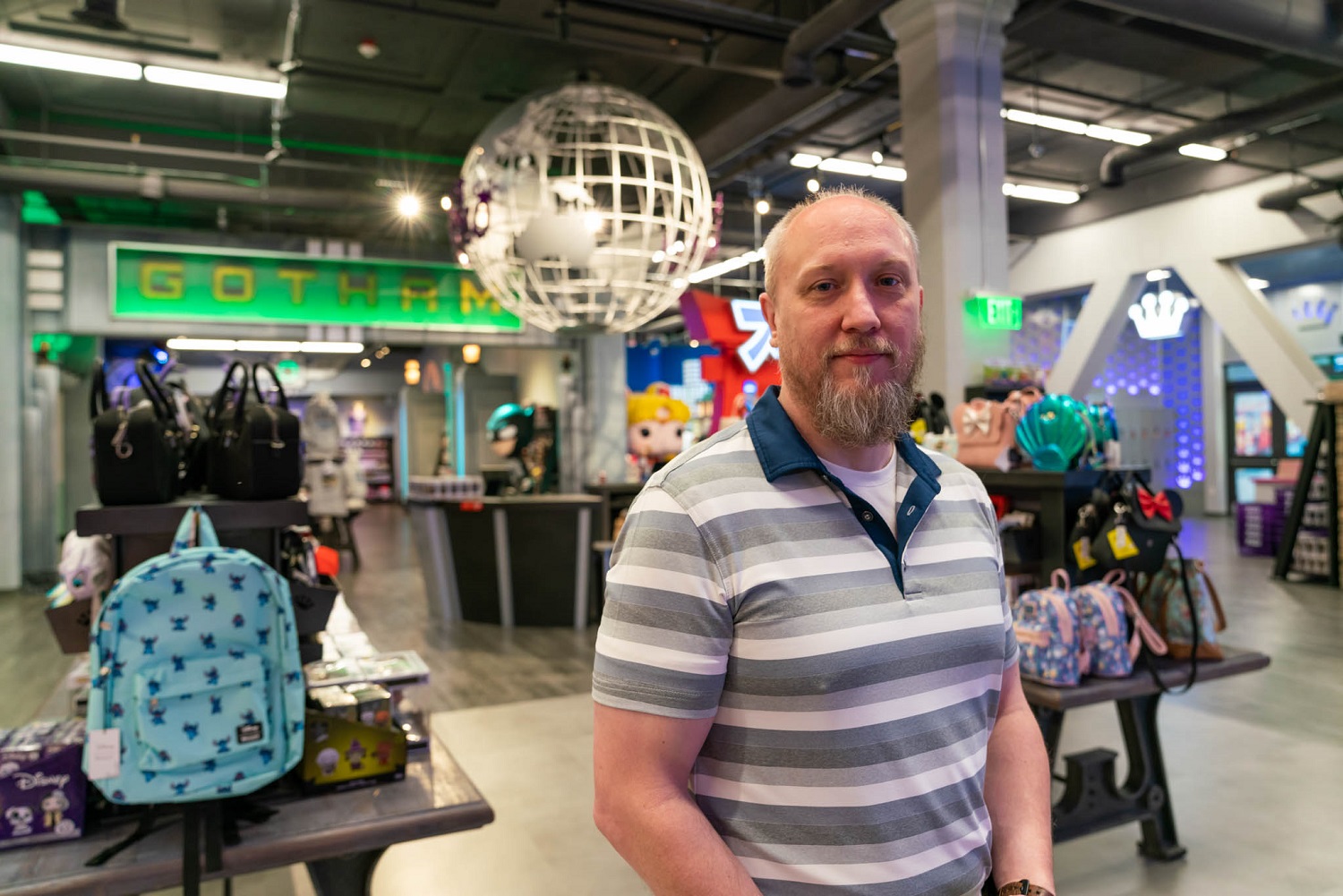
It’s all part of Funko’s mission to help people connect and express themselves through a joyous love of pop culture.
“Ultimately, any time people think about pop culture, we want them to think Funko,” says Dicus. “And any time they think about Funko, they think pop culture.”
Watch SharePoint Swoop, a Microsoft intranet makeover show, to learn more about Funko’s use of SharePoint and Office 365. Also check out “Making Fun: The Story of Funko,” a documentary on Netflix.
Top photo: Funko store in Everett, Washington.

